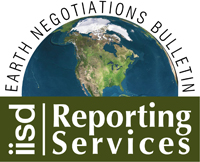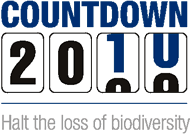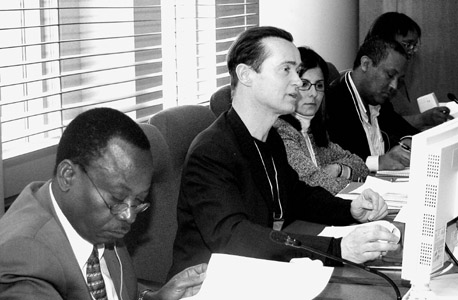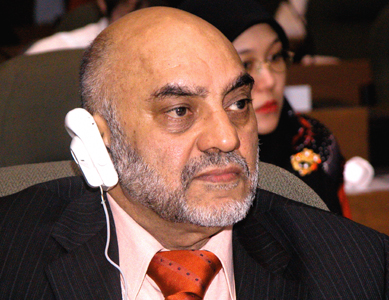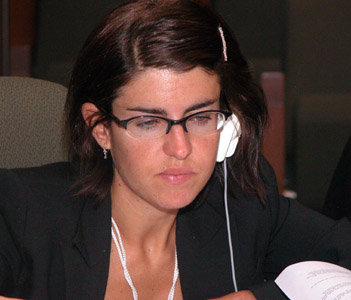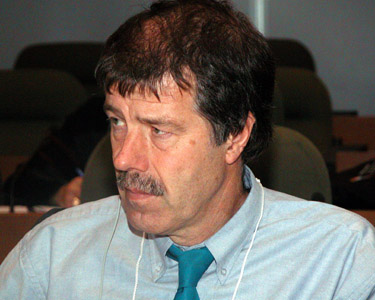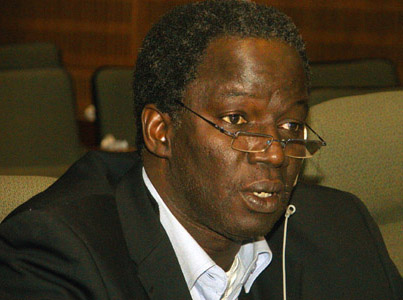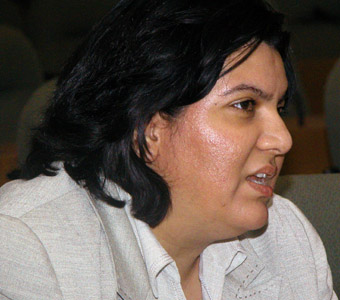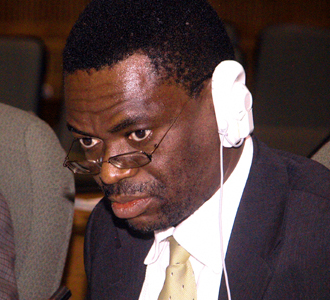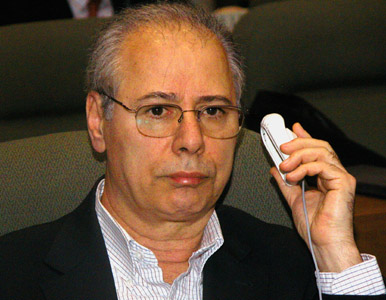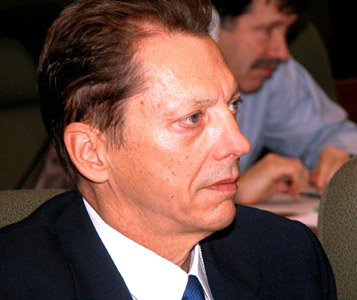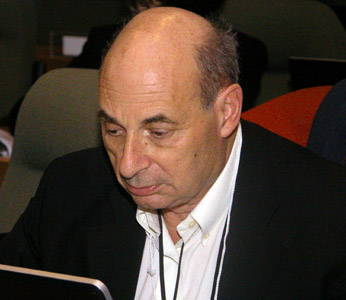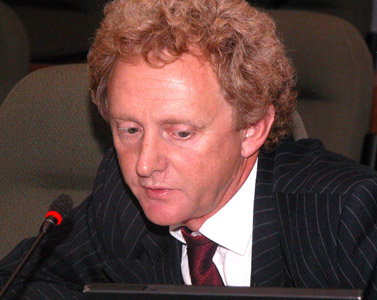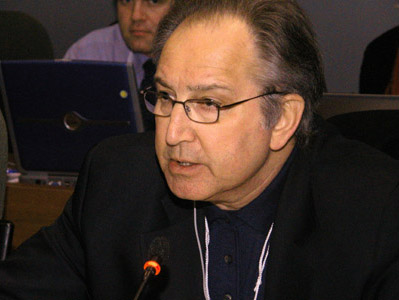|
Above photo L-R: The dais during the morning plenary with Dan Ogolla (CBD) Co-Chair René Lefeber (The Netherlands), Co-Chair Jimena Nieto (Colombia), Worku Damena (CBD) and Rapporteur Maria Mbengashe (South Africa)
Delegates considered a new operational text on the scope of damage resulting from transboundary movements of LMOs, prepared based on submissions from the participants. Co-Chair Lefeber reminded that the text was not a negotiation text.
|
|
|
|
On
functional scope of damage, |
Washington
Biotechnology Action Council questioned whether the
wording “origin in a transboundary movement” is
intended to include handling before the shipment. |
POSSIBLE APPROACHES TO CHANNELLING OF LIABILITY:
Delegates discussed possible approaches to the channelling of liability, focusing on four main options identified in the Co-Chairs’ summary: state responsibility (for internationally wrongful acts, including breach of obligations of the Protocol); state liability (for acts not prohibited by international law); civil liability; and administrative approaches based on allocation of response measures and restoration measures.
|
|
||||
|
|
|
|
Above photo: Papa Méïsa Dieng (Senegal) |
Above photo: Nievia Namsundar (Trinidad and Tobago) |
Above photo: Chris Nghaamwa (Namibia) |
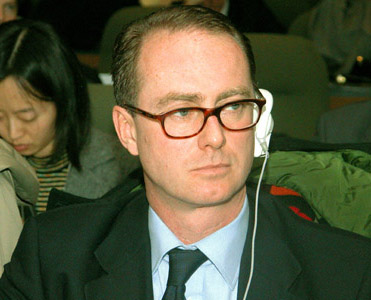 |
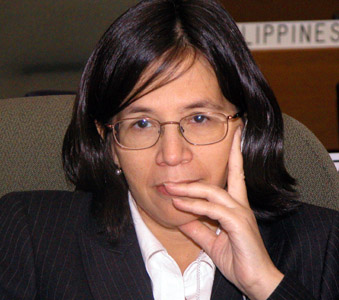 |
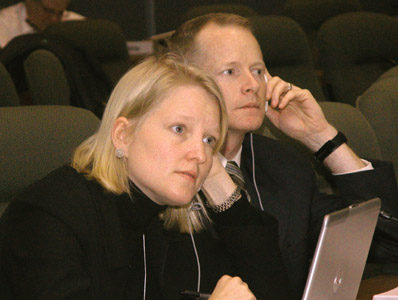 |
||
Above photo: Thomas Loidl (Austria on behalf of
the EU)
Above photo: Margarita Palafox (Mexico)
Above photo L-R: Kathryn Youel Page and JP
Passino (US)
Channeling of Liability:
Links to ENB/YMB
coverage
![]() ENB
coverage of WGLR-1
ENB
coverage of WGLR-1
![]() ENB
coverage of COP-7
ENB
coverage of COP-7
![]() ENB
coverage of ABS-4
ENB
coverage of ABS-4
![]() ENB
coverage of WG-4 on Article 8(j) and related provisions of the CBD
ENB
coverage of WG-4 on Article 8(j) and related provisions of the CBD
![]() ENB
coverage of the Second Meeting of the CGRFA acting as the Interim Commitee for the International Treaty on Plant Genetic Resources for
Food and Agriculture
ENB
coverage of the Second Meeting of the CGRFA acting as the Interim Commitee for the International Treaty on Plant Genetic Resources for
Food and Agriculture
![]() IISD
Linkages Biodiversity and Wildlife Recent Meetings
IISD
Linkages Biodiversity and Wildlife Recent Meetings
| |
|
| Back to
Linkages home | Visit
IISDnet | Send e-mail to
ENB | |

